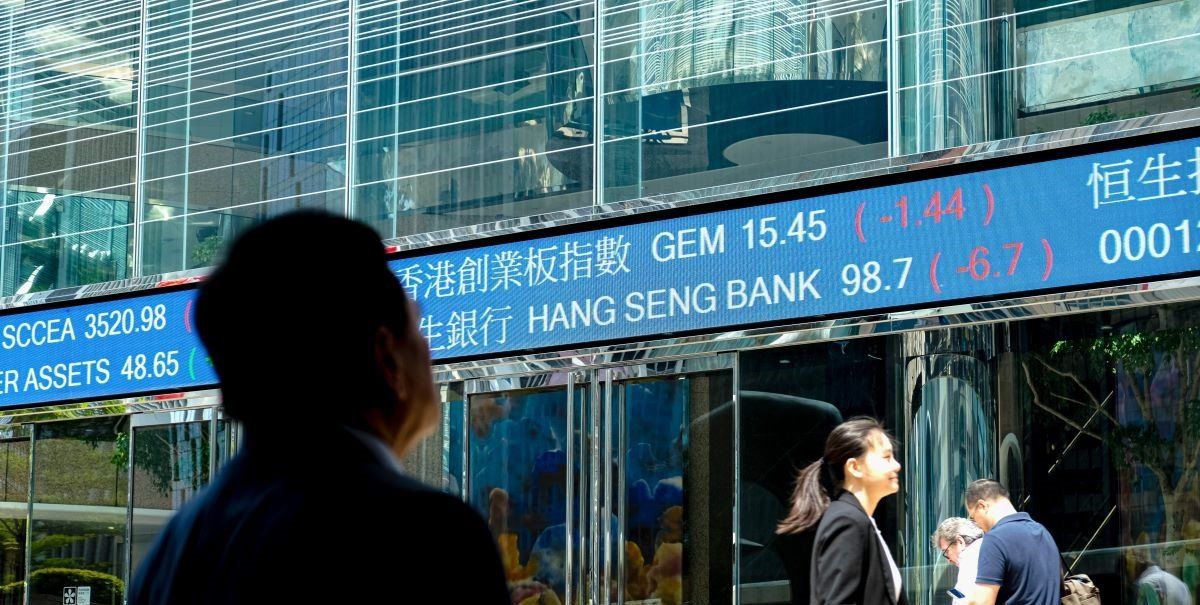In the latest twist of the United States’ trade war with China and the world, US President Donald Trump declared Monday that he would impose an additional 50% levy on Chinese imports on April 9 if Beijing refuses to drop its retaliatory tariff. The Middle Kingdom announced a 34% duty on US imports last week, matching the White House’s new excise on Chinese products.
The US follows through. Treasury Secretary Scott Bessent said the tariffs revealed on “Liberation Day” last Wednesday would be a ceiling on other countries, “as long as you don't retaliate.” China’s response forced Trump’s hand and now puts the two superpowers firmly in a trade war — one that is unlikely to benefit either country economically. The 100% tariff that Trump proposed last year is closer to becoming a reality.
No escape in Asia. China isn’t the only major Asian power that is suffering from these tariffs. Several major exporters to the United States — including South Korea, Taiwan, and Vietnam — were slapped with high levies. The world’s largest continent has been a hub for cheap production for the American market, so these countries have high trade surpluses with the United States — and high tariffs to boot.
The Asian markets have reacted accordingly to the tariffs. Before its rebound on Tuesday, Japan’s Nikkei had lost more than any other major stock index worldwide since the US president’s second inauguration. Indices in Shanghai and Hong Kong suffered one of their worst days on record Monday — both recovered some of the losses Tuesday, but remain far behind where they were. Samsung Electronics, by far the biggest firm in South Korea, has lost nearly 10% of its value since April 2.
Will Trump budge? Despite the wholesale market downturn — US stocks also continued their freefall on Monday — Trump hasn’t pulled back yet. The president has dropped occasionalhints that he’s flexible to changes and he opened negotiations with Japan yesterday, but that he seems unlikely to moderate his stance with China, according to Eurasia Group’s China Research Director Lauren Gloudeman.
“US-China relations are deteriorating quickly toward unmanaged decoupling, as both sides are engaged in a game of chicken and neither President Trump nor President Xi are likely to blink soon,” said Gloudeman. “We expect China to retaliate in kind, as the leadership has pledged to ‘fight til the end’ against Trump's measures.”
